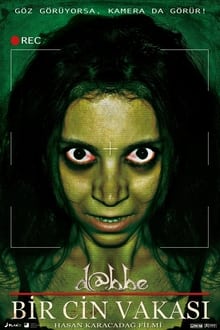Search

Shaped in a travelogue, Turkish Way tells the journey and experiences of the three Roca brothers in their trip across Turkey. It describes their process of learning about one of the most unknown, powerful, and ancient cuisines of the world.

The film is based on the second book from the Adventures of Erast Petrovich Fandorin series of novels written by the Russian author Boris Akunin. The film takes place in 1877 during the Russian-Turkish war. Erast Fandorin has just escaped from Turkish prison and is trying to get on the Russian side as soon as possible to give important information about the upcoming attack of the enemy. On his way he meets Varvara Suvorova, a young lady who is going to see her fiancée – a soldier of the Russian army. Erast also knows that there is a spy somewhere in the Russian army, everyone is under suspicion.

Turkish director Hasan Karacadag is something of an unusual case. In a nation that appears uncertain how to feel about its own history with exploitation film and generally reluctant to embrace genre film – though there are obvious exceptions – Karacadag has jumped headlong into the horror pool. The director first came to attention with the J-horror influenced D@BB, a surprise hit in Turkey that allowed Karacadag to move on to the more visually ambitious – and effects heavy – effort, Semum. Both film showcased Karacadag’s growing ability to shock and terrify his audiences by taking the rich folklore of his country and pushing it to its dark extremes. And he’s at it again with D@BB: Bir Cin Vakasi. The sequel to his original hit, this latest efforts puts away the Japanese influence in favor of a more Paranormal vibe, but the underlying mythology remains purely regional with the story following a Turkish family whose home is possessed by angry jinns